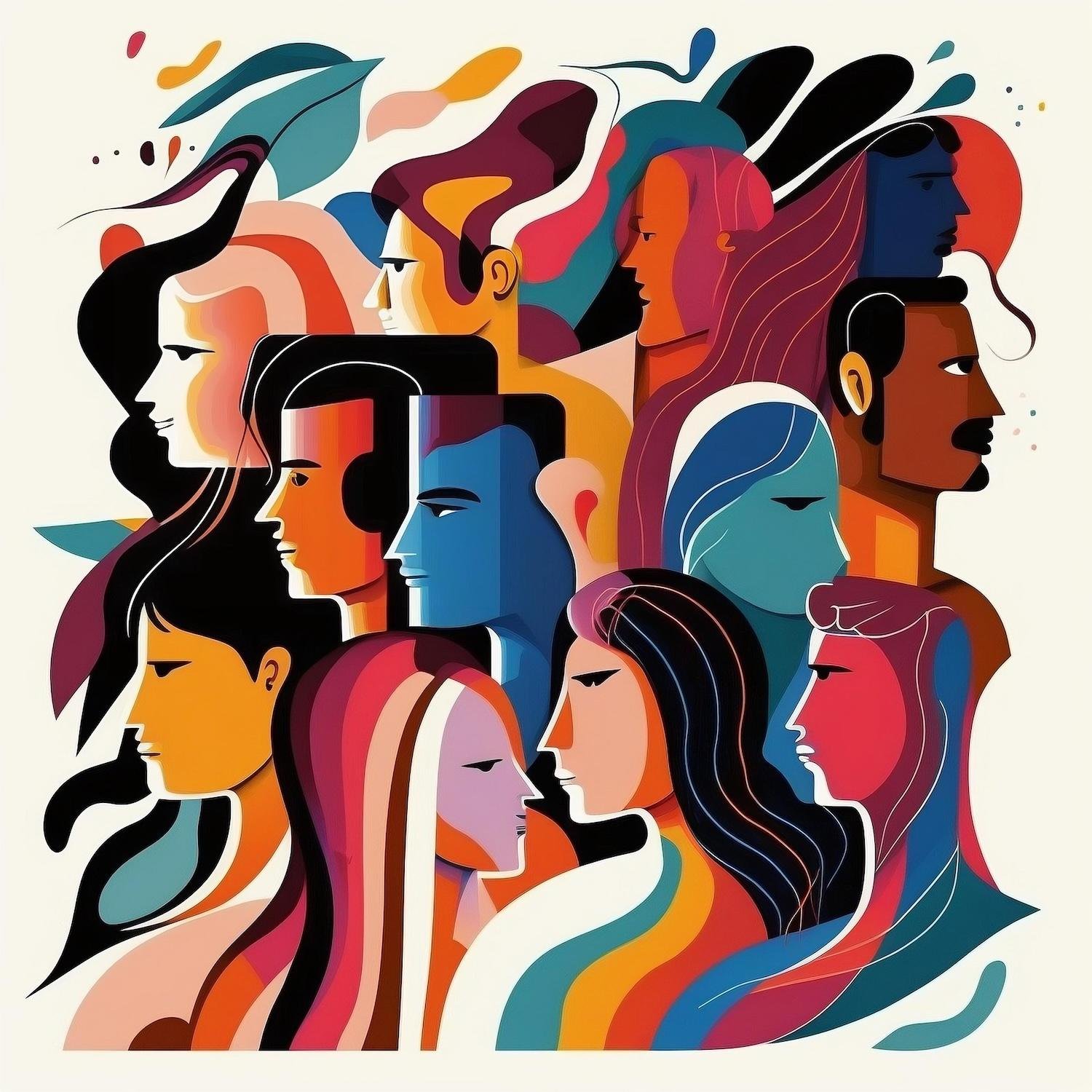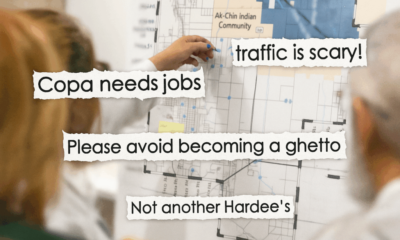Business
The Flawed Diversity Training Model: Discover an Innovative Solution

Diversity training is evolving. Recent research published in the journal Applied Psychology reveals that personalized diversity training significantly outperforms traditional, generic approaches. A collaborative effort by a management professor and a social marketing expert led to the development of a unique algorithm that categorizes participants into specific psychological profiles, or “personas,” during the training process.
This tailored method proved particularly effective for a subgroup identified as “skeptics.” Participants in this cohort who received training customized to their perspectives demonstrated greater receptiveness and an increased commitment to supporting their organization’s diversity initiatives, compared to those undergoing a uniform training experience.
The necessity for personalized diversity training is underscored by the changing landscape of social media, where customization is standard. Traditionally, one-size-fits-all solutions dominate diversity training, pushing a singular narrative without considering individual beliefs and attitudes. It’s a systemic flaw that many in the field are beginning to recognize and address.
Researchers categorize trainees into specific personas, such as the “resistant trainee” and the “anxious trainee.” Significantly, the study recognized two empirically-backed personas: skeptics and believers. This indicates that these variations are not merely theoretical; they can be measured and utilized in real-time.
The next critical step involves refining how the message is presented. Researchers looked to the concept of “jujitsu persuasion,” which focuses on leveraging the audience’s existing beliefs. Rather than confronting skeptics with moral imperatives, reframing diversity initiatives in terms of business benefits fosters greater acceptance. In the study, skeptics responded more positively when the argument for diversity was structured around its positive impact on business outcomes.
The current climate surrounding diversity initiatives is contentious. Amidst the pushback from the Trump administration, organizations like the Pew Research Center have highlighted persistent divides in attitudes toward diversity, both politically and gender-wise. Traditional diversity training often fails to shift these attitudes, sometimes even igniting further resistance.
The research offers a practical solution: recognize diverse trainee personas and tailor training to these distinctions. Much like social media algorithms that adapt to users in real time, customized diversity training can bridge gaps more effectively.
Differences in perspectives among trainees, such as skeptics who downplay gender issues versus believers who recognize systemic biases, illustrate the need for tailored approaches. Adapting training to respect these viewpoints may facilitate genuine shifts in understanding.
Looking forward, it’s essential to enhance the algorithms that identify these personas. Current data relies largely on self-reported information. More objective sources, such as human resources systems, could improve accuracy in identifying trainees’ perspectives. Additionally, as artificial intelligence tools permeate HR practices, persona detection will likely continue to evolve.
While tailored training sessions have potential benefits, they may not suffice for long-term change. Rather than a single session, ongoing interventions—what researchers term “nudges”—could provide subtle, continuous reinforcement. The future of diversity training lies in these innovative, consistent approaches.


















